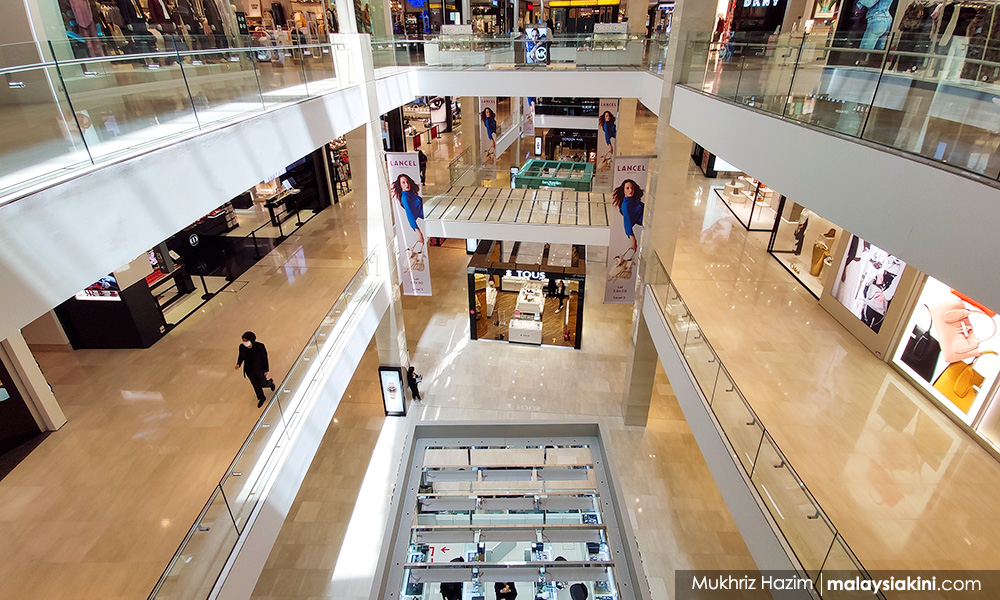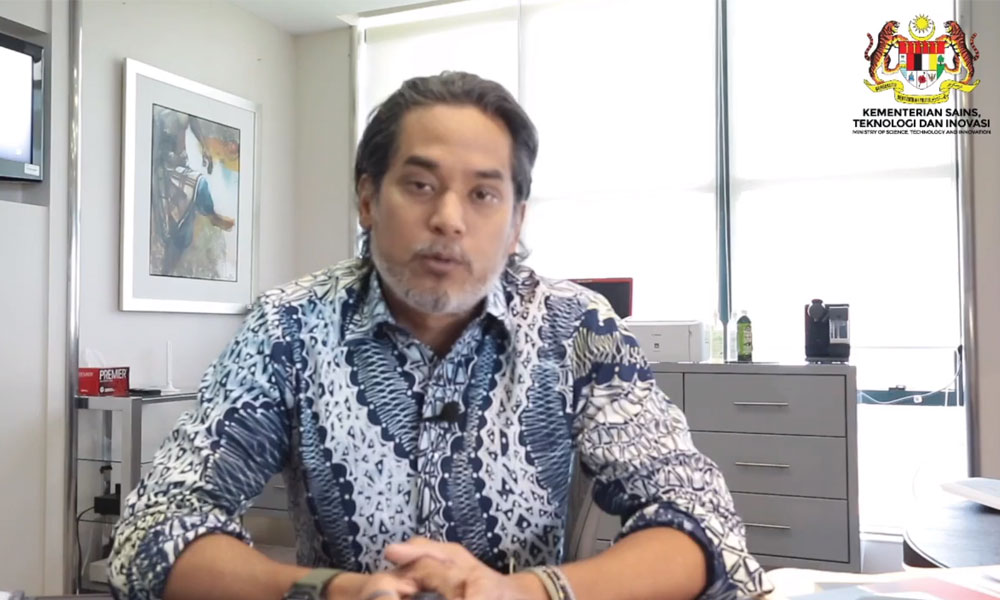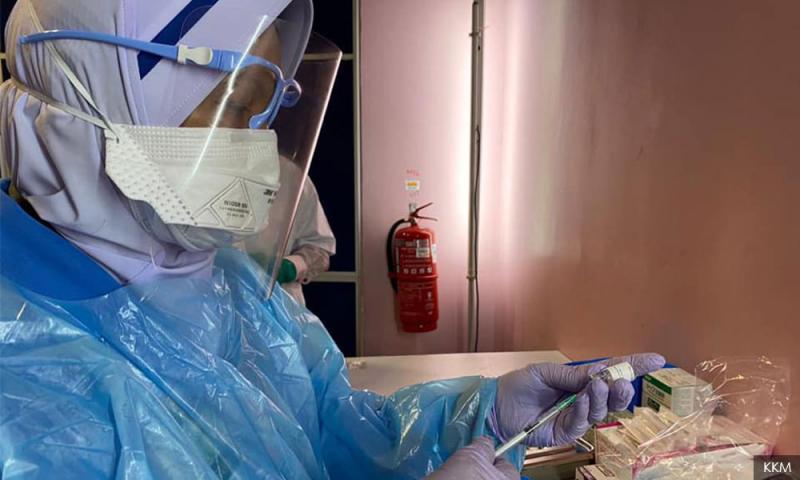LETTER | Covid-19 vaccination: A shot in the arm, a hope for socio-economy
LETTER | Malaysia’s vaccination rollout is planned to start as early as the end of February, Prime Minister Muhyiddin Yassin said in his special address on Feb 4.
Vaccines will be administered for free of charge starting with frontline healthcare workers and then the vulnerable.
The government’s plan to vaccinate at least 80 percent of the population or around 26.6 million Malaysian citizens, will bring about herd immunity whilst at the same time protecting those of us who might have adverse side-effects to the vaccine. It will be the biggest ever vaccination exercise in Malaysia.
Implementation of the vaccine plan will also prevent the spread of newer and more deadly variants of the pandemic as the ones scientists have discovered in the UK.
It is hoped that with such large-scale health interventions, lockdowns and social distancing would be a thing of the past, thus allowing businesses and the economy to flourish.
Covid-19 vaccine as saviour for health and beyond
For most Malaysians, the vaccinations offer a ray of hope and a sense of new beginning after a year, many would like to forget.
Within this one year, Covid-19 did not only cause the loss of many lives and affected the health of those infected, it also has imprinted huge destructions to the socio-economic of Malaysia.
A report titled “Families on the Edge” by UN agencies, Unicef and UNFPA discovered that unemployment among heads of households in the capital city doubled to 15 percent in December 2020, compared with three months earlier.
On top of that, even though overall median household income recovered to pre-Covid-19 crisis level, nearly one in two (46 percent) of households had not yet made such a recovery. Many were even worse off than in September 2020.

The situation was also quoted by Defence Minister Ismail Sabri Yaakob when he announced the re-opening of retail sector starting Feb 10, despite the high number of daily Covid-19 cases, and the fact that Malaysia is currently undergoing the second movement control order to address the socio-economic impact of the pandemic to the affected groups.
According to the World Bank Group, an effective rollout of Covid-19 vaccine will be the jump starter to the economic recovery of Malaysia in 2021.
The World Bank is forecasting Malaysia’s economy to grow by 6.7 percent in 2021 after contracting by 5.8 percent in 2020 with the vaccination implementation, supported by continued improvements in exports and a build-up in momentum, particularly in consumption and investment. Previously, Malaysia’s gross domestic product (GDP) contraction forecast for 2020 was at 4.9 percent.
The estimation was also backed up by Moody's Investors Service in their statement expecting Malaysia's real GDP growth to rebound to around six percent in 2021 with the Covid-19 vaccination after a sharp contraction in 2020.
Report by Moody’s Analytics as well shared that the renewed optimism due to the news of the vaccine rollouts has stopped the slumping price of oil, and Malaysia would likely gain increased profits from its oil exploration businesses, helping the country get out of this economic rut.
A successful vaccination programme will become a saviour, not only to the rakyat’s life but also to heal the socio-economic impacts, caused by the pandemic.
Malaysia on right track for full recovery post-Covid-19
According to research done by Lowy Institute, a think tank based in Sydney, Australia, Malaysia is ranked 16th out of 98 countries in terms of effectiveness in managing Covid-19. The rank is higher than several famous countries in Asia, including Japan and South Korea, with a score of 71 percent.

In ensuring the effectiveness of the vaccination programme, the government has appointed the Science, Technology and Innovation Minister Khairy Jamaluddin as the coordinator to lead a special task force which will manage the immunisation programme, especially in terms of logistics and coordination between states and government agencies.
This is to enable the Health Ministry to continue to focus on the functions of health services in tackling the Covid-19 transmission. Over 600 storage centres, as well as vaccination centres, will be opened nationwide to support the programme, by temporarily taking over the public and private health facilities, stadiums, convention centres, multi-purpose halls and universities.
The plan to implement a “health passport” after the mass inoculation by several tourism industry leaders is also worthy of praise, as it will help to continuously protect Malaysia from the recurring risk of Covid-19.
The fact that there is no uniform global approach to developing the document at this moment is an opportunity for Malaysia to spearhead the implementation and management of such travel passes, as a country that is heavily dependent upon tourism, which contributed about 5.9 percent to the GDP of the country.
With good track records in managing the spread of Covid-19 pandemic, and well-planned preparations by the government to initiate the vaccination programme immediately after the arrival of the first batch of vaccines this month, it definitely sends a positive message with rays of hope to the rakyat, especially to the group that are badly impacted by the pandemic, to rise again.
As mentioned by the prime minister regarding the vaccination programme, "We are all in this together and only together can we win.”
Let us the rakyat do our part in supporting whenever we can.
MUHAMMAD 'AAMIL AZHAR is a research analyst with Institut Masa Depan Malaysia.
The views expressed here are those of the author/contributor and do not necessarily represent the views of Malaysiakini.
RM12.50 / month
- Unlimited access to award-winning journalism
- Comment and share your opinions on all our articles
- Gift interesting stories to your friends
- Tax deductable
